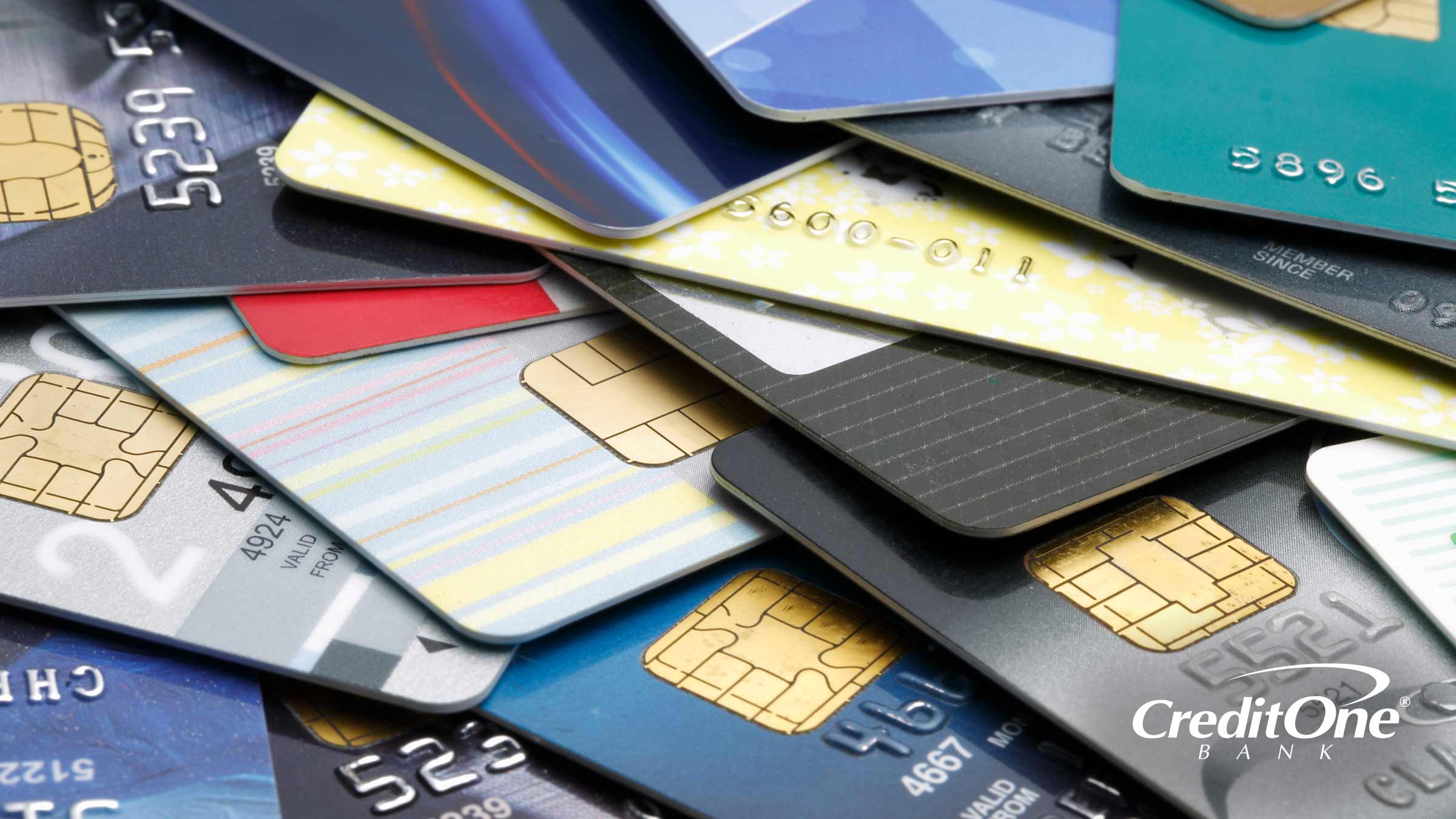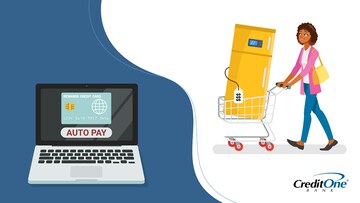
What Is Credit Card Churning?
April 23, 2024
Topics:
Credit CardCredit card churning is a way to earn credit card rewards quickly and repeatedly. But is it really worth trying?

Introduction
Many rewards credit card issuers offer lucrative introductory sign-up bonuses that entice consumers to apply for their cards. To take advantage of these bonuses, some consumers engage in credit card churning, which involves repeatedly opening new credit card accounts to earn welcome bonuses and other rewards. Once bonus rewards have been earned, a credit card churner typically redeems them and closes the account before applying for another card offering sign-up bonuses.
How Credit Card Churning Works
Credit card churning focuses on squeezing as many rewards as possible from a card before tossing it.
There are two basic types of credit card churning:
Repeatedly applying for the same credit card
Regularly applying for multiple credit cards
The first type of churner uses a “lather, rinse, repeat” approach. They apply for a credit card, earn the sign-up bonus rewards, redeem all their accumulated rewards, and then cancel the card before the next annual fee is due.
They then apply for the same credit card, once again earning the sign-up bonus. The process is repeated for as many cycles as the churner can get away with.
In this scenario, a churner applies for different credit cards from different card issuers every few months or so. Once they earn the sign-up bonus, they redeem it — plus any other credit card rewards — before moving on to another card offering a different sign-up bonus.
Just like in the first scenario, the original card is typically canceled before its annual fee comes due.
Downsides of Credit Card Churning
It might seem like fun at first glance. But credit card churning isn’t just a matter of filling out an occasional application and then letting the rewards roll in. There are numerous drawbacks to churning credit cards.
It could lower your credit score
Repeatedly applying for credit cards will likely lower your credit score by triggering multiple hard inquiries. And then closing those accounts reduces your positive credit history and available credit.
It could affect other credit
When creditors see that you’re continually applying for new credit, they often perceive you as desperate or overleveraged, which paints you as a higher risk. That could lead to being denied for other credit, like an auto loan or mortgage, as well as preventing you from continuing to churn.
It requires good credit to qualify
Cards that offer lucrative sign-up bonuses and generous rewards are typically reserved for consumers with proven credit track records and higher credit scores. If you have fair or poor credit, you may not qualify for offers that make churning worthwhile.
It can be costly
Credit cards worth churning usually come with an annual fee — sometimes hundreds of dollars — which is typically included in your first billing cycle. If you don’t pay your outstanding balance in full each month, you’ll also be charged interest, which could override any rewards you’ve earned. And if you miss a payment, you could be subject to late fees or even forfeit your rewards.
It can be time-consuming
For a casual churner, this may not be a significant time drain. But if you’re in it to win it, churning involves continually researching credit cards, filling out applications, ensuring minimum spending requirements are met, redeeming rewards, closing accounts, and keeping the cycle going.
It involves limits and requirements
While credit card churning isn’t illegal, it can be costly to card issuers, which is why many of them have taken steps to help prevent churners from gaming the system.
- Minimum spend: Many rewards credit cards have minimum spending requirements that must be met to earn sign-up bonuses. This helps prevent — or at least slow down — credit card churning.
- Annual fees: Steeper annual fees discourage churners from applying for certain credit cards.
- Bonus-earning limitations: Some card issuers place limits on how many times you can earn a sign-up bonus on one of their cards. American Express only lets an applicant earn a bonus once in their lifetime for a particular type of card, and other issuers limit how often you can earn a bonus on the same card.
- Application limits: Many issuers have also implemented credit card application rules to discourage churning. They may limit how many of their credit cards you can have, how often you can apply for another one, or how many times you can qualify for bonus rewards.
How Credit Card Churning Affects Your Credit Score
Every time you apply for a credit card, a hard pull is typically generated, which could lower your credit score and stay on your credit reports for as long as two years. If your churning involves applying dozens of credit cards each year, those hard inquiry score deductions can really add up.
Card churning could also affect your credit score by increasing your credit utilization ratio. This is calculated by dividing the amount of revolving credit you owe by the credit limits of all your revolving credit, which includes credit cards. And it plays an important role in calculating your credit score.
So if you’re charging up large outstanding balances to meet the minimum spending requirements necessary for earning bonus rewards — and then closing those cards — you could be increasing your credit utilization ratio with both actions, while reducing your credit history. All that could lower your credit score.
Alternatives to Credit Card Churning
Churning credit cards might seem like a shortcut, but there are other — arguably better, and certainly easier — ways to maximize credit card rewards.
Use credit cards with more lucrative rewards
Introductory bonuses aren’t the only way to quickly earn rewards. If a credit card offers 2% cash back rewards on eligible purchases, it will earn you more rewards than a card offering 1% on those same categories.
Use credit cards with more liberal rewards
A credit card that offers rewards on every purchase you make will rack up more rewards quicker than a card that only earns you rewards on select eligible purchases.
Use credit cards that fit your spending patterns
If you spend thousands of dollars on home-repair items each year, then a credit card that offers generous rewards on purchases made at home improvement stores would be a good fit for you. But it wouldn’t work well for someone who doesn’t spend in eligible categories.
Use credit cards that match your lifestyle
If travel is your thing, then a travel rewards card is probably more in line with your priorities than a credit card that rewards you points for pet store purchases — especially if you don’t have a pet. Choosing a reward structure that resonates with you may inspire you to use that credit card more strategically.
Use your card for recurring expenses
Paying your monthly cell phone bill or buying groceries with a compatible rewards credit card is a great way to earn rewards on money you’re going to spend anyway. For automatic payments, such as cable or streaming services, why not make that credit card the default payment method and earn even more rewards?
Use your card for big-ticket purchases
Buying eligible big-ticket items like washers, dryers, or refrigerators with a rewards card could help you accumulate rewards faster. It could even be large, non-tangible purchases like tuition or family vacations. Just be sure you have the funds to pay your balance in full, so your rewards aren’t completely devoured by interest charges.
Take advantage of referral programs
Some credit cards offer additional rewards for referring qualified applicants to them. If you like the card, you can turn a friend or family on to it and be rewarded in the process.
Take advantage of amplified rewards
Many credit card issuers offer programs that give you additional rewards on top of what you can earn through the card itself. American Express, for example, has Amex Offers.
Bottom Line
As with many things, the more you put into credit card churning, the more you’re likely to get out of it. But there’s only one major upside to churning and quite a few potential downsides. So, unless you’ve got the time, money, and dedication — and you’re not concerned about potentially harming your credit — churning probably isn’t for you.
Luckily there are easier, less time-consuming strategies you can implement to earn more credit card rewards. If you’re looking for a card that offers rewards on targeted categories or every purchase, compare the offerings from Credit One Bank. Before submitting an application you can see if you pre-qualify, which doesn’t impact your credit score.



